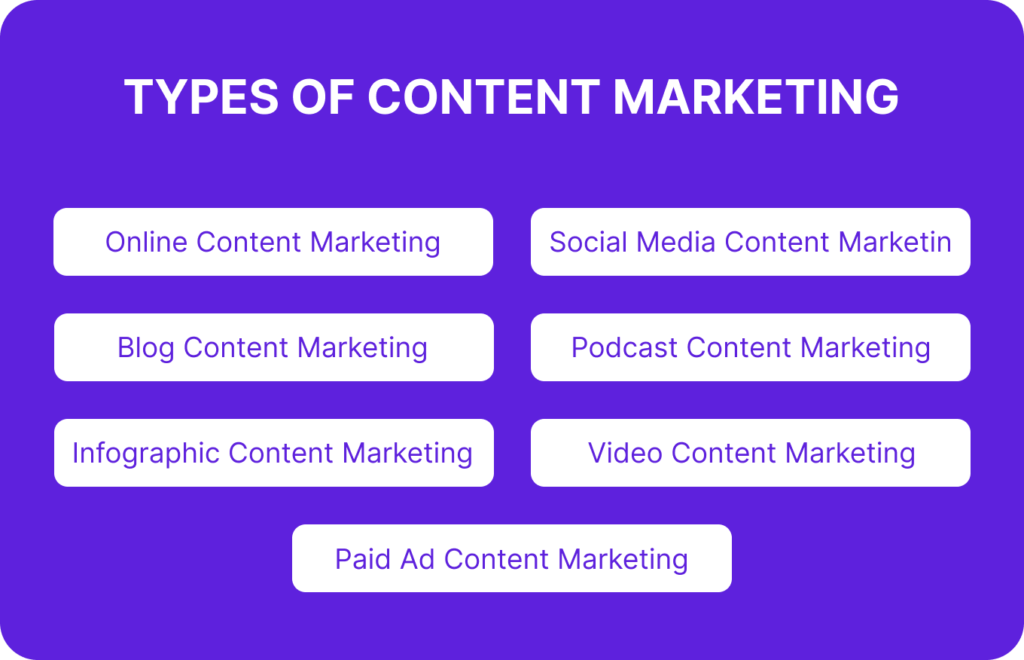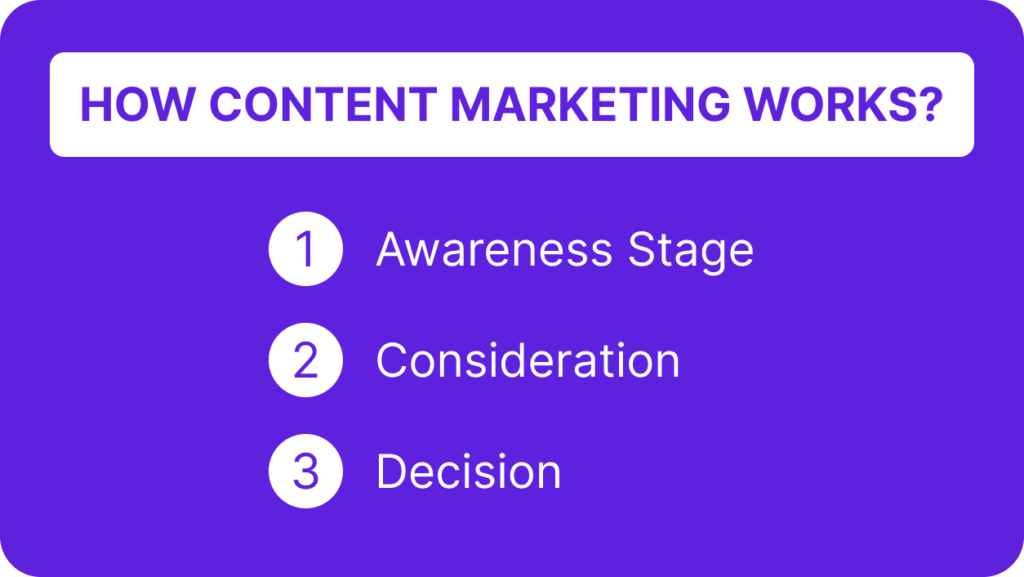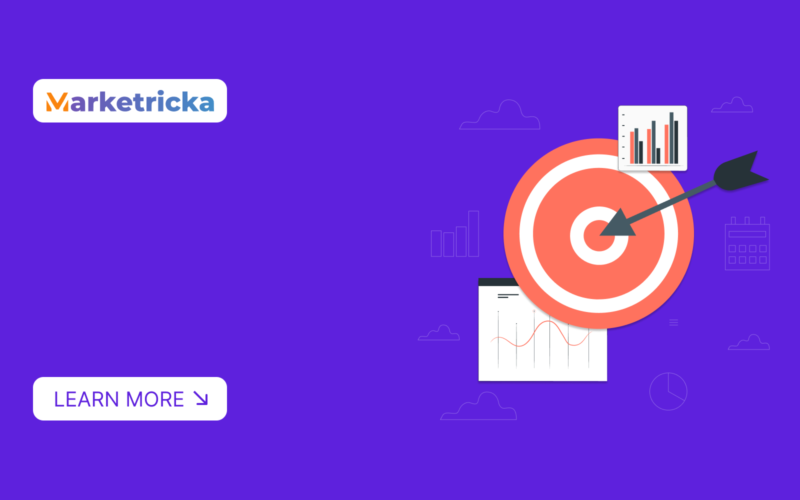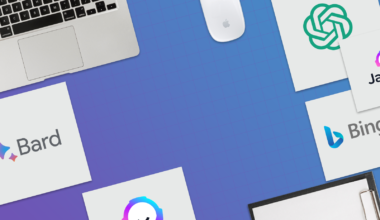Summary:
In the dynamic world of digital marketing, content marketing stands as a cornerstone for businesses aiming to connect with their audience. But what exactly is content marketing, and how can you craft effective strategies to harness its potential?
Similar to data collection from other platforms, understanding the complications of content marketing requires exploring its core principles and strategies. With the right knowledge and approach, businesses can leverage content marketing to drive engagement, build brand authority, and ultimately, achieve their marketing goals.
In this guide, we’ll explore the definition of content marketing and actionable strategies to help businesses thrive in the digital landscape. Whether you’re new to content marketing or looking to refine your existing strategies, this guide is your roadmap to success in the ever-evolving world of digital marketing.
What is Content Marketing?
Content marketing is a methodical marketing strategy that emphasizes producing and sharing valuable, pertinent, and regular content to captivate and maintain a well-defined audience. The primary aim is to encourage profitable customer actions.
Instead of just advertising products or services, content marketing provides useful and relevant information to potential customers. It’s like being a helpful friend who gives advice and solves problems, making people more likely to trust and buy from you.
Understanding the importance of content marketing
Content marketing is like your ultimate tool for getting new customers. It brings people to your website, helps them trust you, shows you know your stuff, and brings in money. Content marketing is your secret weapon for attracting and keeping customers. It’s not just about creating content, it’s about building trust, showing your expertise, and boosting sales.
Unlike other marketing methods, content marketing doesn’t feel like a hard sell. It’s more about offering valuable information that people want to engage with.The best part about content marketing is that it works at every stage of the customer journey. Whether someone is just browsing or ready to make a purchase, your content can be there to guide them.
A successful content marketing campaign can bring in almost a million dollars a year! That’s why 82% of marketers still put money into content marketing.
Content marketing offers several key benefits that can help your business grow and succeed.
Some of the key benefits are :
- Increased organic visibility
With content marketing, your website can appear higher in search results, bringing in more visitors and making your brand more recognizable.
- Generate more conversions
By offering helpful and interesting content, you can attract potential customers and turn them into actual buyers, increasing your sales.
- Connect with customers
Engaging content that sparks conversation and feedback can help you build strong relationships with your audience, leading to repeat business and positive word-of-mouth.
- Improve Authority
Creating great content that shows off your expertise helps you gain credibility in your field, making people trust you and your brand more.
Types of Content Marketing

Online Content Marketing
Online content marketing involves sharing information on the internet, especially through your website. A good online content strategy can improve your search engine rankings and ensure that your content reaches the right audience when they need it.
Social Media Content Marketing
With billions of people using social media worldwide, many businesses choose to invest in social media marketing. Platforms like Facebook, Instagram, and LinkedIn offer various content formats such as photos, videos, and stories for sharing.
Blog Content Marketing
Blogs are a great way to attract people to your website and can cover a wide range of topics. You can use them to share links to other content, like articles or videos, and also add buttons for sharing on social media. You can also include details about your products or services.
Podcast Content Marketing
Over 60 million people listen to podcasts on platforms like Spotify and Apple Podcasts. Because of this, many businesses and media companies are making their own podcasts. Podcasts are flexible and can cover any topic you want. You can also choose how often you release episodes, who’s on the show, where you promote it, and how long each episode is.
Infographic Content Marketing
Infographics are visuals that show information in a simple and easy-to-understand way. They use short sentences and clear pictures to explain things quickly. Infographics are perfect for making complicated topics easy to understand for everyone.
Video Content Marketing
According to video production automated companies, 73% of people like to learn about a brand’s product or service by watching videos. Using video marketing can help increase sales, make more money, and connect better with your audience. You can share your videos on social media, your website, or on someone else’s site who is working with you.
Paid Ad Content Marketing
Paid ads can help you reach lots of people and make sure you’re visible where you want to be. They work even better when you use them along with inbound marketing. You can put paid ads on social media, landing pages, banners, and sponsored content.
How Content Marketing Works?
Content marketing means making, sharing, and seeing how your content affects your audience and business goals. There are three stages at which content marketing works.

- Awareness Stage : At this stage, content marketing aims to introduce your brand, products, or services to potential customers.You grab their attention and let them know about their issues and how you can help.
Create content that educates broadly to reach as many relevant people as possible and optimize your content for SEO and social media to rank higher and get more shares and clicks. For this step, focus on blog posts, infographics, videos, podcasts, ebooks, and webinars. - Consideration : The second stage involves convincing potential customers by sharing helpful information and showing why your offer is the right choice for them. To do this, you need to create content that is convincing and highlights what makes your offer special.
It’s important to understand your audience’s interests and needs and tailor your content accordingly. Some of the examples of content for this stage include informative articles, case studies, and stories of successful experiences. - Decision : The last stage is about turning potential customers into actual buyers by using content that encourages them to act. We need to create content that makes people feel they need to buy now, answers any final questions or doubts, and helps them easily make a decision. It’s good to use landing pages, reviews from other customers, pages with pricing information, and pages describing your products to help close the deal.
Conclusion
We hope this blog helps you learn how to start with content marketing. It’s important to improve your website, marketing plans, and website performance. Remember to think about what your audience wants, give them useful content, and use different kinds of content like blogs, videos, and social media. With content marketing, you can make your business bigger and connect with your audience in important ways.
Divyesh Savaliya
As an enthusiastic content writer by profession and an eager researcher, I delve into diverse subject matters to create the best SEO-optimized content pieces ready to captivate audiences









11 comments
Your insights into email marketing content marketing strategies have been useful.
Your guide on influencer marketing campaigns was superb.
Thank you so much for your kind words! I’m thrilled to hear that you found the guide on influencer marketing campaigns superb. If you have any further questions or need additional information on the topic, feel free to reach out!
Thank you for your sharing. I am worried that I lack creative ideas. It is your article that makes me full of hope. Thank you. But, I have a question, can you help me?
I’m glad to hear that my article has inspired you and given you hope! I’d be happy to help with any questions you have about generating creative ideas. Please let me know what you need assistance with.
Your article helped me a lot, is there any more related content? Thanks!
Your article helped me a lot, is there any more related content? Thanks!
Thank you for your sharing. I am worried that I lack creative ideas. It is your article that makes me full of hope. Thank you. But, I have a question, can you help me?
I’m so glad to hear that my article has inspired you and given you hope! I’d be happy to help with any questions or concerns you have about creativity. What can I assist you with?
Your article helped me a lot, is there any more related content? Thanks!